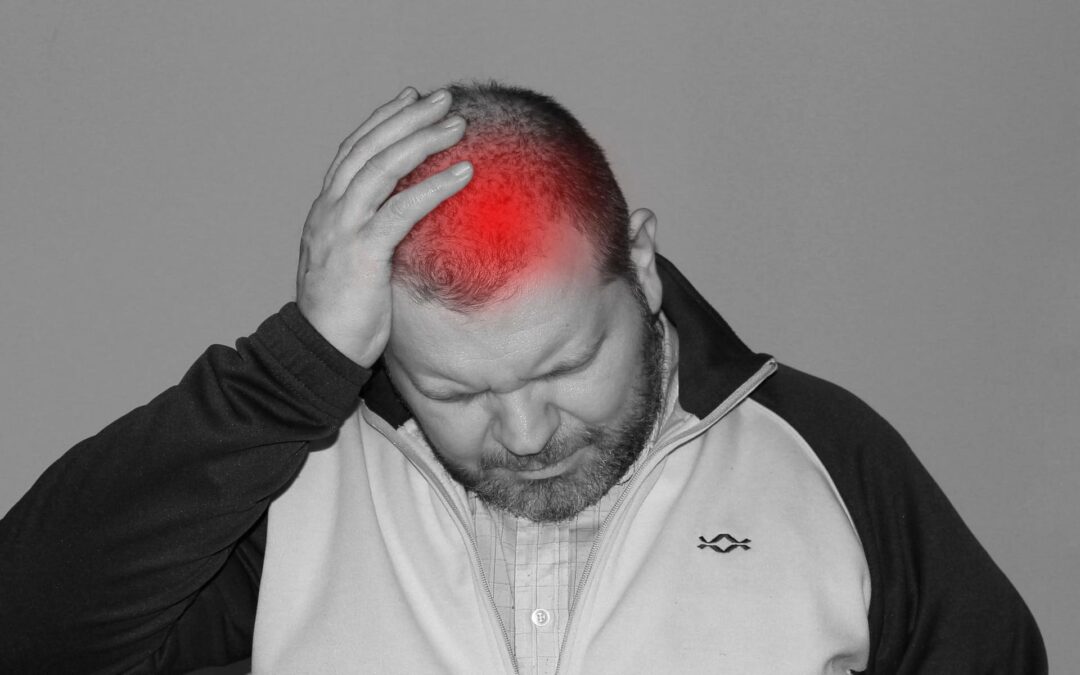Blog Outline
- Understanding the Connection: How Do Migraines and Coke Intersect?
- The Role of Caffeine in Migraines: Friend or Foe?
- How Does Sugar in Coke Impact Migraines?
- Decoding the Pros and Cons of Coke for Migraine Sufferers
- Managing Migraines: Practical Tips for Coke Drinkers
- Finding Balance
Could your favorite fizzy drink be the culprit behind those relentless headaches? Coca Cola and migraines might not seem to be a likely duo, but for many, this beloved beverage could have a surprising impact—either triggering or soothing migraines. In this blog, we’ll dive into the science behind Coke’s role in migraines, weigh the potential benefits and downsides, and share practical tips to help you stay ahead of your triggers.
Understanding the Connection: How Do Migraines and Coke Intersect?
Migraines aren’t just headaches—they’re intense neurological events often paired with nausea, sensitivity to light and sound, and even visual disturbances. With over 39 million Americans affected, according to the American Migraine Foundation, triggers can range from stress and hormones to something as simple as what you eat or drink.
Enter Coke, the beloved fizzy beverage. Packed with caffeine and sugar, it has a curious double-edged role: it might trigger migraines for some while offering relief for others. Given how integral Coke is to many daily routines, unraveling this link could be key to better managing your migraines.
The Role of Caffeine in Migraines: Friend or Foe?
Caffeine as a Migraine Reliever
Caffeine, one of Coke’s signature ingredients, is no stranger to headache relief. It’s a key component in many over-the-counter painkillers like Excedrin, thanks to its ability to constrict blood vessels and boost the effectiveness of medications. For occasional Coke drinkers, that caffeine kick can sometimes nip a migraine in the bud—especially in its early stages.
Caffeine as a Trigger
But there’s another side to this fizzy friend. Regular caffeine use can lead to dependence, and even a slight reduction can trigger withdrawal migraines. According to the Mayo Clinic, both excessive caffeine consumption and withdrawal are well-known migraine triggers. With a 12-ounce can of Coke packing around 34 mg of caffeine, frequent indulgence could unintentionally lock you into a headache cycle.
How Does Sugar in Coke Impact Migraines?
Blood Sugar Spikes and Crashes
With 39 grams of sugar per 12-ounce can, Coke can send blood sugar levels on a rollercoaster ride—skyrocketing before crashing sharply. This fluctuation can trigger headaches for those sensitive to changes in blood glucose. It is therefore important to maintain stable blood sugar levels to prevent headaches, making Coke’s high sugar content a potential migraine trigger.
Sugar as a Comfort During Migraines
Interestingly, during a migraine attack, some sufferers crave sugary drinks like Coke. This craving might be the brain’s way of seeking quick energy to manage stress or neurological imbalance. While a sugary drink like Coke may offer temporary relief, it can also set the stage for rebound headaches later on, leading to a cycle of discomfort.
Decoding the Pros and Cons of Coke for Migraine Sufferers
Pros
- Quick Relief: The caffeine in Coke can provide short-term relief by improving blood flow and enhancing the effectiveness of pain medication.
- Accessibility: Coke is widely available, making it a convenient option, especially in emergencies when quick relief is needed.
Cons
- Risk of Dependency: Regular consumption of Coke can lead to caffeine withdrawal headaches if not consumed consistently.
- Sugar Impact: The high sugar content in Coke may exacerbate migraines over time due to blood sugar fluctuations.
- Individual Variability: How Coke affects migraine symptoms can vary greatly from person to person—what helps one person might worsen symptoms for another.
Managing Migraines: Practical Tips for Coke Drinkers
- Moderation is Key: Limiting your intake of Coke can help prevent the build-up of caffeine dependence, which may trigger headaches.
- Track Your Triggers: Use a migraine journal to record your Coke consumption and whether it’s linked to any headaches. Apps like Migraine Buddy can provide insights and track patterns over time.
- Hydration First: Before reaching for a Coke, make sure you’re well-hydrated—dehydration is a common migraine trigger.
- Consider Alternatives: Opt for low-caffeine or sugar-free options like herbal teas or water infused with fruit.
- Discuss with Your Doctor: If migraines persist despite these changes, consult a healthcare provider for personalized advice and potential treatment options.
Finding Balance
The connection between Coca Cola and migraines is multifaceted, with both caffeine and sugar presenting potential benefits and risks. For some, Coke may offer quick relief, while for others, it could intensify their symptoms. By identifying your triggers and practicing moderation, you can make informed decisions that help reduce migraine disruptions. The key takeaway? Balance is everything when managing migraines effectively. So next time you reach for a Coke, keep this in mind—finding the right balance is crucial for keeping migraines at bay.

